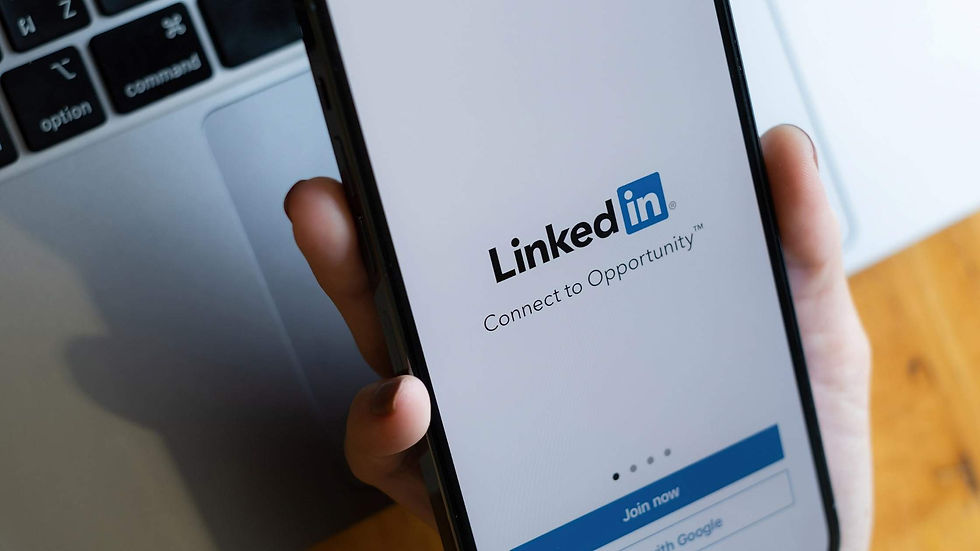How to Prepare for an Interview
- Arielle Jennings

- Sep 2, 2022
- 4 min read
Updated: Jul 3, 2024
Going for an interview can be a daunting and nerve-wracking experience. But like anything,
practice makes perfect, and preparation will assist you in feeling more at ease, allowing you to feel and perform better when interviewing for a job. Here are some easy and simple tips to ensure you ace your next interview!
When applying for a position, through Seek, directly to the organisation or a recruitment
agency, we suggest you research the company, look at the advertisement or position
description, and determine if you are capable of undertaking the duties and responsibilities
of the role.

Research the Organisation
Having a good understanding of who the company is and what they do will allow you in the
interview to bring up examples of what you would do in the position if you were successful. Also, the interviewer will often ask, "What do you know about the company?".
While researching, look at the organisation's website, what they produce, their services or products, their size, the type of clients / customers, and check their social media pages for recent news.
Read the Job Advertisement Carefully and Examine the Position
Reading the job advertisement allows you to understand what the organisation is looking
for in a candidate, the skills needed for the job and potentially, you may be able to identify
some of the questions they may ask you. Identifying primary responsibilities, key result
areas, most important relationships (internal and external) and the core competencies
required.
Prepare for Popular Interview Questions
If you have been for a couple of interviews, you will notice that several staple questions are
almost always asked. These questions might include:
Tell me a bit about yourself
What do you know about our company?
What made you apply for the role?
Why are you looking to leave your current position?
What have you learned from your mistakes? / What could you have done better in a particular situation?
These questions can be easily prepared for. However, the trick is not to create a rehearsed
script. Instead, think of it as a presentation; you want to have dot points that you can talk
about rather than an entire script that is word for word. This is because the interviewer
wants to get to know you not the rehearsed version of you. Also, if you have rehearsed
these questions, your adaptability to answer other curveball questions becomes harder.
Body Language Tells just as much to the Interviewer as the Words you are Speaking
We are all humans, not robots; sometimes, we get nervous. However, it's essential to
beware that your body language in an interview can tell more to the interviewer than your
answers to their questions.
If you are someone who fidgets with your hands when you are nervous, put your hand in
your lap under the table. Another common sign of nervousness is perching on the front of
your chair; instead, ensure you sit on the chair properly. Remember to take a breath to
assist in slowing down your speech if it becomes fast. Whilst eye contact is essential, ensure that if your interview is online (Zoom or Teams), you are looking at the camera at the top of your computer rather than the screen.
When Answering Questions, Think Positively
Sometimes interviewers may ask you a more negatively skewed question, e.g., What
courses did you dislike the most at university, what parts of your job did you dislike the
most in your previous role, or what are your greatest weaknesses?
These questions are not an opportunity for you to complain about your last job, boss, or
colleagues. The key to answering questions with a negative connotation is always to answer them with a positive twist rather than dwelling on a negative experience or downfall. Highlight where you may have grown or learnt from that experience and how it has assisted you in becoming better professionally and as an individual.
Prepare a Few Questions for the Interviewer or the Company
Ask 2-3 well-thought-out questions towards the end of the interview. This allows you to
learn more about the organisation and determine if it is a place you could see yourself
working. Remember to ensure your questions are open-ended at the end of an interview
rather than a yes or no answer. These questions can be anything from asking about the
company's internal culture, the team you might be working with, or the type of systems utilised.
And Finally, Remember…
Interviews are conversations to demonstrate your skill sets and abilities; they are not an
interrogation. Ensure you're speaking clearly and not too fast... remember to take a breath; this not only assists you in slowing your words down but also gives you an extra second to collect your thoughts. Don't give up if your interview didn't go as planned or as well as you had hoped. Always think of it as an opportunity to practise and improve next time.
For more information, head to Blackman Recruitment resources, including Prepare for an




Comments